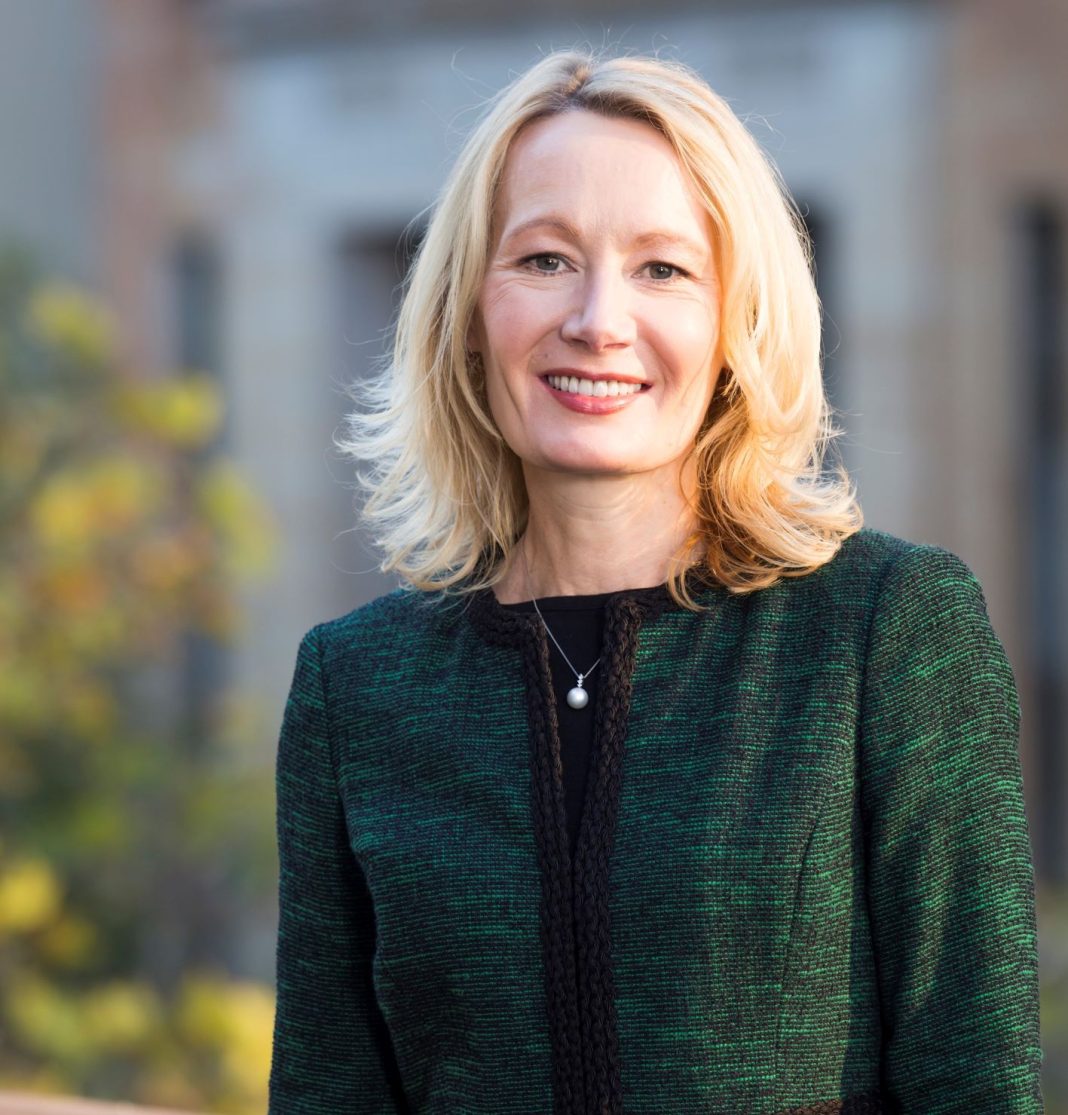With more than 445,000 Australians living with the effects of stroke, Stroke Foundation is on a mission to ensure people with stroke are better supported in their recovery, particularly when they transition from hospital to life back home, with the expansion of StrokeLine.
As part of this drive to enhance wellbeing, the StrokeLine service (1800 787 653) has been expanded to boost responsiveness to enquiries from survivors of stroke, their carers and loved ones.
StrokeLine is a free, confidential phone service which is staffed by allied health professionals who provide expert information, advice, support and referrals. The StrokeLine team includes occupational therapists, physiotherapists, speech pathologists and social workers, who collectively have decades of stroke care experience.
The expansion includes more staff which will result in shorter wait times, better access to different allied health disciplines and a continued quality service tailored to the individual.
Stroke Foundation CEO Sharon McGowan said the expansion of StrokeLine is a positive step towards helping survivors of stroke and their families thrive after stroke.
“Too many people (32 per cent) leave hospital without a discharge plan at a time when support is essential,” Ms McGowan said.
“Our StrokeLine team understands the physical and emotional changes survivors are experiencing and can help people take charge of their recoveries.”
StrokeLine is the inbound support service within Stroke Foundation’s StrokeConnect Navigator Program. The Program also includes an outreach service which contacts people after they leave hospital to ensure they know how to access the specific support they need.
Stroke strikes the brain and can change lives in an instant. Almost 450,000 people are living with the impact of stroke in Australia.
Nichola Browning from Perth called StrokeLine for the first time a year after her teenage daughter suffered a stroke.
“My daughter appeared to have made a full recovery on the outside, but I was worried because she was still struggling with fatigue,” Nichola said.
“I spoke to a very knowledgeable and compassionate health professional on StrokeLine who provided me with invaluable information, advice and reassurance.
“I actually wish I called StrokeLine sooner. It’s as important for people and families impacted by stroke as Lifeline is to someone struggling with their mental health.”
After stroke, no recovery journey is the same. Effects include physical disability, speech and language loss, personality changes, fatigue, and depression. The expansion of StrokeLine is an important step, Ms McGowan said, but a meaningful investment from Government would also expand Stroke Foundation’s outreach service.
She said the next Federal government has an opportunity to make systematic, long-term change to help reduce the $6b annual burden of stroke on the health economy.
“With more than one third of Australian survivors of stroke leaving hospital with no plan or guidance on how to navigate their recovery, our outreach service has an important role to play. We need to be able to reach as many people after stroke as we can, so they don’t fall through the cracks.”
StrokeLine operates Monday to Friday 9am to 5pm, on 1800 787 653.
Did you know?
- Stroke is one of Australia’s biggest killers. It kills more women than breast cancer and more men than prostate cancer.
- There were 27,428 Australians who experienced stroke for the first time in their lives in 2020, which equates to one stroke every 19 minutes.
- In 2020, 6,535 (24 percent of total) first-ever strokes occurred in people aged 54 years and under.
- When a stroke strikes, it attacks up to 1.9 million brain cells per minute.
Fine more facts about stroke here.



